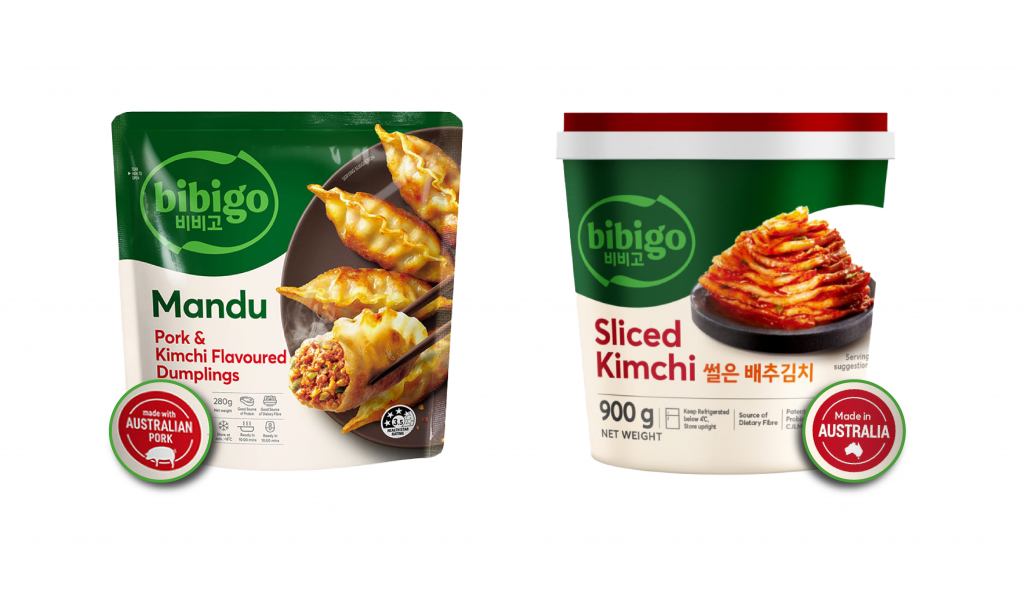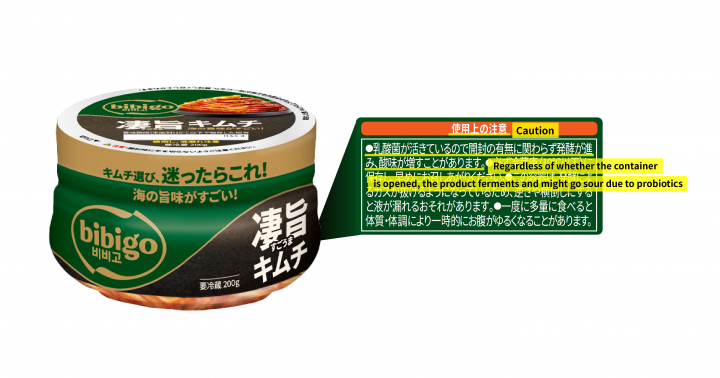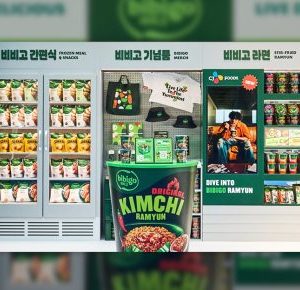Over the past five years, CJ CheilJedang has received an average of approximately 4,000 global Voice of the Customer (VOC) submissions annually from eight countries, including Japan, China, and Vietnam. The United States is not included in the numbers as Schwan’s fully handles customer support operations there with its dedicated system. In 2024, CJ Foods recorded ₩11.353 trillion ($8.18 billion) in sales, with overseas sales accounting for 49.2%. In line with the mission to expand K-food’s global territory, CJ CheilJedang is intensifying customer satisfaction efforts by incorporating both domestic and international customer feedback to improve product quality.
The VOC Innovation Team is responsible for managing customer feedback from both domestic and international markets wherever CJ CheilJedang products are sold. Acting as the company’s VOC headquarters, the team leverages Korea’s experience and expertise across its global operations.
Global VOC Bridges HQ, Sales, and Manufacturing
Since its launch in 2017, CJ CheilJedang’s global VOC response system has evolved and become increasingly sophisticated each year in line with the company’s expanding global operations. Beginning last year, the system was strategically enhanced to facilitate the growth of a Country to Country (C2C) model, where products manufactured at overseas manufacturing sites are exported to neighboring countries.
The system automatically shares VOCs from all countries where CJ CheilJedang operates with the sales country, the headquarters in Korea, and the manufacturing country. This seamless communication enables teams to respond quickly. To integrate VOC response systems across countries, CJ CheilJedang strengthened each framework using Korea’s standard system as a foundation, while also tailoring it to reflect local consumer sentiment. Additionally, with a focus of nurturing dedicated talent, the company has placed VOC experts in Japan, China, and Vietnam to ensure swift and localized responses to customer feedback.
When customers in different countries submit VOCs via CJ CheilJedang’s official website, they are automatically shared with teams in both the sales country and the manufacturing country, based on the product’s origin. For example, if a Japanese consumer purchases bibigo Mandu (dumplings) manufactured in Vietnam and leaves a comment on the CJ Foods Japan website, it is immediately forwarded to the manufacturing team in Vietnam if it requires further feedback.
For more complex VOC cases, the customer service team works together with Product Planning, R&D, Marketing, and other departments to review the issue and develop a detailed response that considers cultural differences and country-specific sensitivities. In some instances, a single piece of feedback has even led to a complete revision of the manufacturing strategy.
Answering Australia’s Call for Homegrown Ingredients
“Are all the ingredients in bibigo Mandu Australian?”
Two years ago, the CJ Foods Oceania customer service center received an inquiry about bibigo Mandu exported to Australia. In a market crowded with imported foods, Australian consumers are particularly attentive to products made with local ingredients. The government actively encourages the use of homegrown products and even regulates the official “Australian Made” label.
In response to such local VOCs, CJ CheilJedang began phasing in local manufacturing in Australia in 2023. For select products, labels such as “Made in Australia” were added to emphasize the use of homegrown ingredients, allowing consumers to easily identify the country of origin.

Afterward, similar inquiries noticeably declined, and bibigo Mandu sales increased. A genuine response to customer feedback led to brand trust and growth.
Helping Consumers Better Understand K-Food, One Explanation at a Time
Japan ranks top in the number of VOCs, many of them related to cooking instructions. One curious customer, for example, inquired: “I bought a box of hotteok mix because I was curious about Korean sweet pancakes, but is the white powder inside a preservative?” The question arose from the customer’s unfamiliarity with yeast dough. The inquiry was registered in the global VOC response system, promptly answered, and immediately reviewed in real time by the headquarters in Korea.
“My kimchi turned sour even though I haven’t opened it.”
Questions also stem from unfamiliarity with Korean traditional foods. The natural fermentation of kimchi is taken as a given in Korea.

In Japan, however, as fermented foods are less common, complaints occasionally arose about unopened bibigo kimchi products going sour. In response, the back of the packaging was updated to include a warning that regardless of whether the product is opened, kimchi grows sour because fermentation continues as probiotics remain active.
CJ CheilJedang is strengthening its country-specific customer response systems by actively leveraging local market feedback in both product development and marketing. Through consumer-driven management, the company aims to reinvent itself as a truly global food brand.











